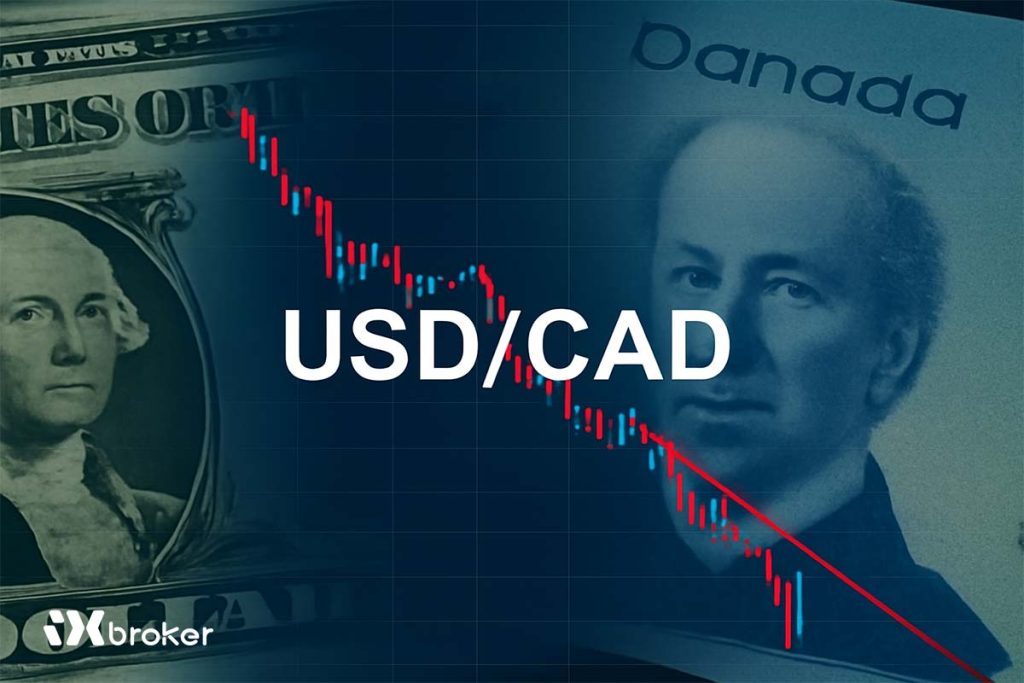A growing debate over the U.K.’s “ambition deficit” has led venture capitalists to question whether risk-averse parents and the country’s costly education system are discouraging young Britons from becoming entrepreneurs.
U.K. Business Secretary Peter Kyle recently warned that British university students show less entrepreneurial ambition than their U.S. counterparts. Speaking at an Nvidia event in London, Kyle said few students pursue higher education with the goal of founding a business. “The entrepreneurialism simply isn’t there – the drive, the vigour,” he said.
Parents seen as a major obstacle to entrepreneurship
Harry Stebbings, founder of venture capital firm 20VC, which manages $650 million in funds, argued that risk-averse parents are among the biggest barriers facing young people in Britain who aspire to start a business.
“Parents are a massive problem. Parents f*** you up,” Stebbings told CNBC Make It. “Parents are inherently risk-off in the U.K. They say: ‘Get this job. You’ve been to university. I paid for it, so go get that stable job.’”
He contrasted this with the U.S., where he said parents are more supportive of entrepreneurial ventures: “In the U.S., it’s much more: ‘Start a business. Go try that. Join a startup.’ There’s a completely different attitude toward risk.”
Stebbings’ comments reflect a broader concern that the U.K. lacks a culture that encourages risk-taking.
‘The system is rigged’: founders call for change
Tom Wallace-Smith, founder of nuclear fusion startup Astral Systems, told CNBC Make It that he didn’t see entrepreneurship as a viable career path while completing his PhD at the University of Bristol. “I expected to end up in academia or a corporate job,” he said.
While he believes the U.K. produces many successful entrepreneurs, Wallace-Smith argued that the government and media could “do a better job of telling founders’ stories” to inspire future generations.
“Young people still want to work at Jane Street, Goldman Sachs, or McKinsey,” Stebbings added. “It’s astonishing how little entrepreneurial ambition there is early on.”
Entrepreneurship isn’t seen as financially stable
Dama Sathianathan, a senior partner at Bethnal Green Ventures in London, agreed that risk aversion among parents is tied to concerns about financial instability. “Entrepreneurship isn’t really embedded in the education system,” she said. “Parents spend huge sums on private schooling and university because it’s seen as the safest, most reliable path.”
Private school fees in the U.K. rose 22.6% in January after the government added a 20% VAT, bringing the average termly fee for a day school to £7,382 ($9,799), according to the Independent Schools Council. University tuition fees also increased by 3.1% in 2025 to £9,535 per year—the first rise in eight years.
Although U.S. education costs are higher, graduates there tend to earn more, giving them greater financial flexibility to take entrepreneurial risks.
Ambition gap despite strong interest
A March survey by the Federation of Small Businesses and Simply Business found that nearly 60% of Britons aged 18–34 are interested in launching a business. However, only 16% have actually done so, citing limited business education and financial insecurity as key barriers.
“With high living costs and limited safety nets, the question becomes: ‘Can I afford to fail?’” Sathianathan said. “Entrepreneurship doesn’t always work out, and that uncertainty makes financial stability the biggest concern.”



